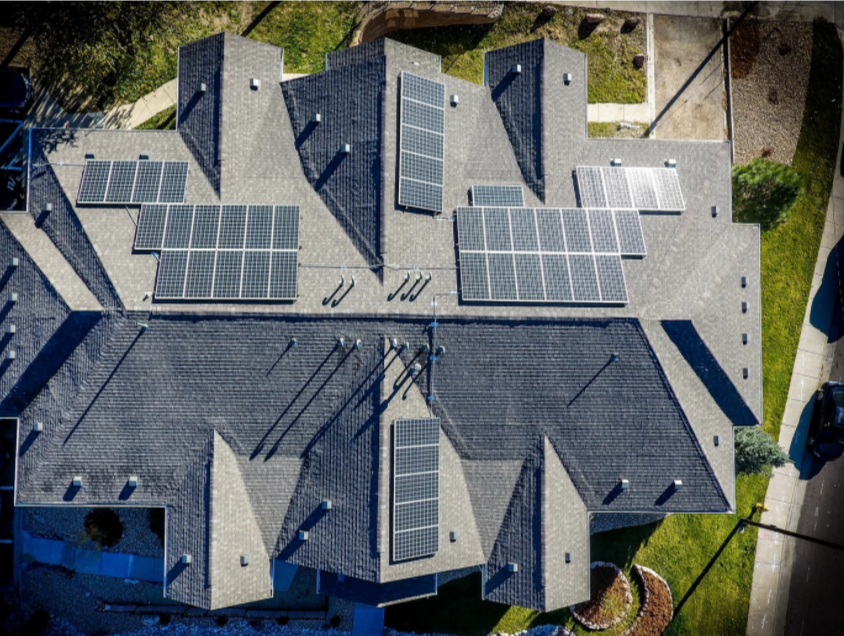USA-headquartered IntriEnergy Inc. has secured intellectual property protection in India for its technology platform that can increase the overall energy output of a solar cell by up to 60%. The technology can be applied to any solar cell during the manufacturing process, creating a high-efficiency, low-cost solar cell, as per the company.
The IntriEnergy technology platform includes three innovations: D·ARK anti-reflective coating, which increases the energy output of any solar cell by 10%; IntrinSiC silicon-carbide innovation, which captures 40% more of the sun’s spectrum; and introduction of quantum energy dots for optimization of the energy flow. By combining the three innovations, the company can achieve a 60% increase in energy output, adding extra power from the same surface of solar panels currently available on the market.
“Companies that license our technology will realize an increase in the energy output of their current solar panels from 400 watts to 640+ watts, without increasing panel size,” according to IntriEnergy.
India patent number 390862 was officially granted on Feb. 28, 2022. The patent protection covers the period from IntriEnergy’s original filing date of July 28, 2015, expanding IntriEnergy’s patent protection globally. IntriEnergy has already secured patents for these innovations in the United States and Canada and is awaiting final approval in the European Union and Hong Kong.
“Securing intellectual property protection is core to IntriEnergy’s forward-looking IP strategy. This enables the company to secure licensing, partnerships, and joint venture opportunities with existing solar manufacturing companies seeking a competitive advantage in the $180 billion annual solar industry,“ IntriEnergy chief executive officer Jackie Coffey said.
“With IntriEnergy’s 60% more energy technology, we can make a significant contribution to India achieving its goal of 280GW of solar energy by 2030,” stated Jeffrey Whitney, EVP of Corporate Development.
This content is protected by copyright and may not be reused. If you want to cooperate with us and would like to reuse some of our content, please contact: editors@pv-magazine.com.









Not Agree with their claim